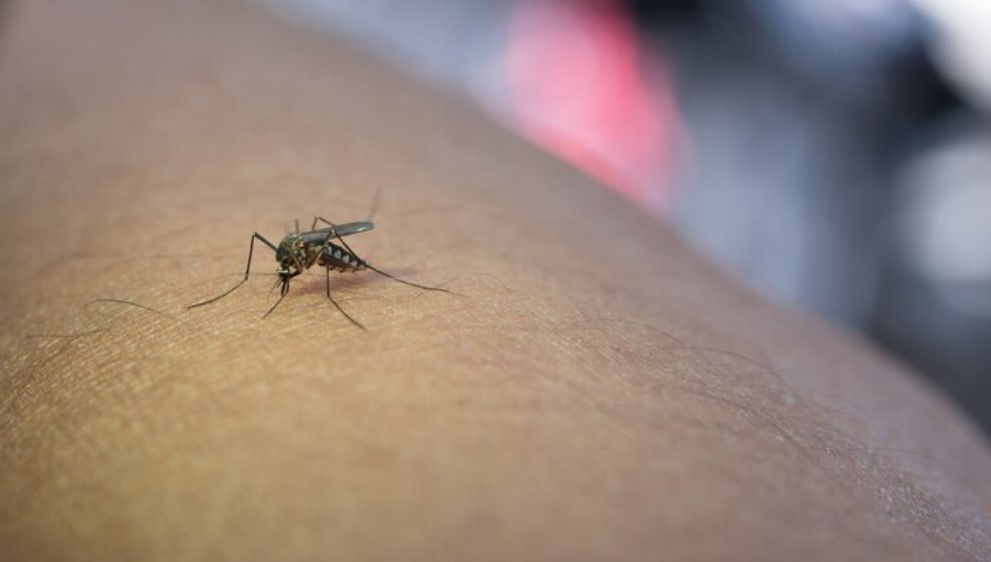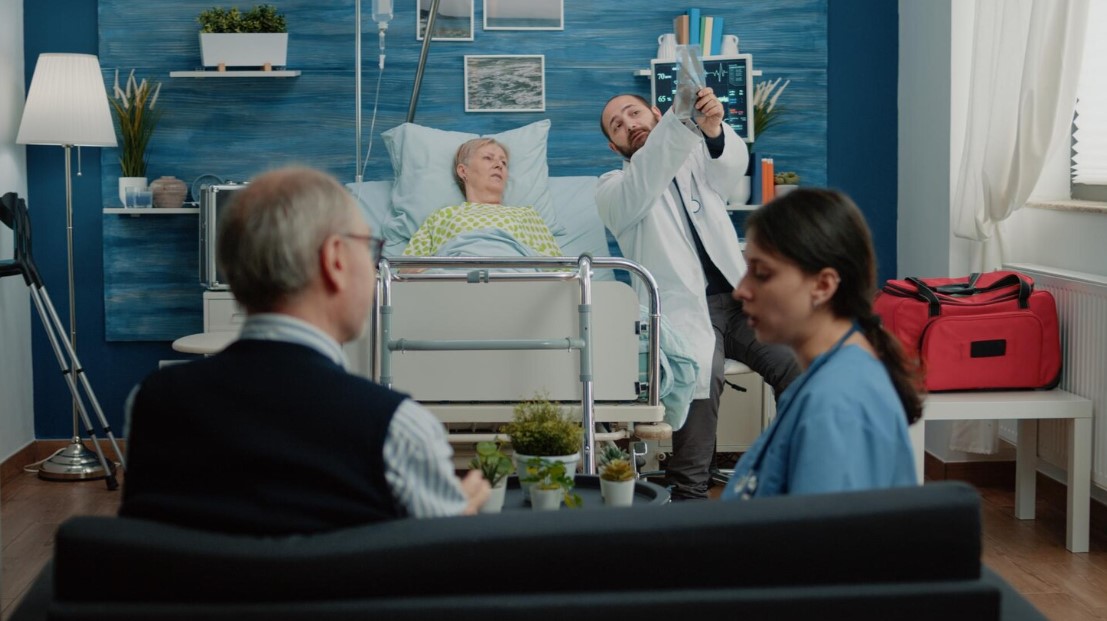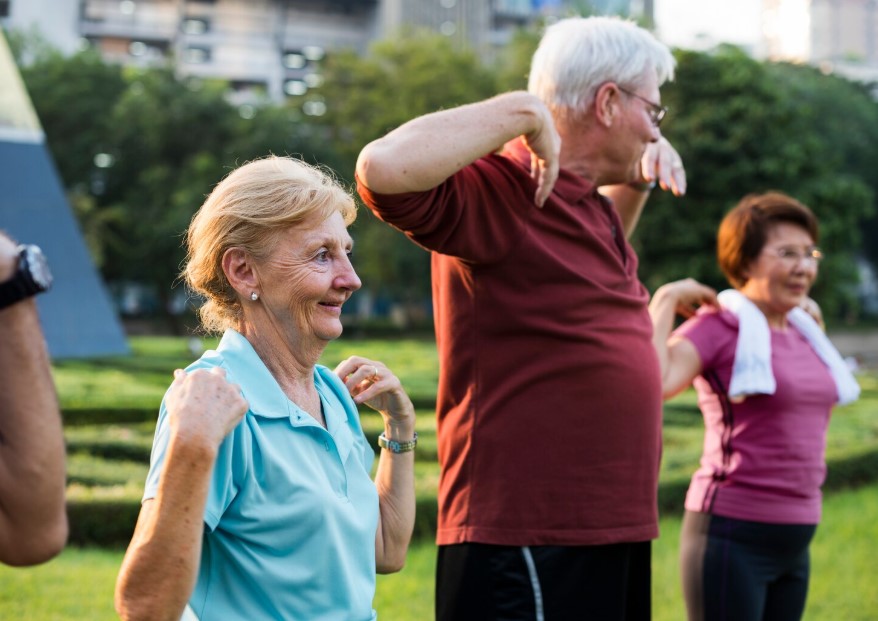19
Sep 2025
WA mosquito campaign targets ‘grey nomad’ travellers
Published in News on September 19, 2025

Western Australia Health has launched a fresh awareness campaign focused on protecting communities from serious mosquito-borne illnesses, particularly targeting “grey nomad” travellers. As older visitors move north during WA’s winter months, the state is rolling out a pilot program to provide free repellent dispensers in high-risk areas, including the Kimberley, Pilbara, and Gascoyne.
Project “Fight the Bite” is timed to coincide with the travel season of older people—often at higher risk of mosquito-borne disease—and includes plans for a full state-wide rollout of these dispensers in 2026.
Since 2023, there have been 12 confirmed cases of Murray Valley encephalitis (MVE) in WA, with five deaths. While winter typically sees lower risk, 2025 has proved unusual, with ongoing detection of MVE virus activity through state health department mosquito and sentinel chicken surveillance programs.
Health advice under the campaign includes wearing long, loose, light-coloured clothing and using effective insect repellent. Eligible community groups in high-risk regions—such as caravan parks, sporting clubs, and alfresco venues—are encouraged to apply for free repellent dispensers via the WA Health website.
Hospital Short-Term Accommodation in Western Australia
In addition to the public health measures above, there are several accommodation options across WA geared toward supporting patients, carers, and travellers who need to stay close to hospitals on a short-term basis:
- Royal Perth Hospital Medihotel: Operated by the Royal Perth Bentley Group, the Medihotel offers short-term stays for discharged patients awaiting transport home, and for people who need accommodation before hospital appointments or procedures. Rooms include private bathrooms, shared kitchen and lounge facilities.
- Agnes Walsh House Lodge at King Edward Memorial Hospital (KEMH): Provides onsite short-term accommodation for women from regional or remote areas. Arrangements are made via nursing or social work referrals.
- Cancer Council WA Lodges (Crawford Lodge & Milroy Lodge): These lodges offer self-catered, motel-style lodging for regional cancer patients and their carers while accessing treatments in Perth. They are comfortable, clean, and intended to serve as a “home away from home.”
- Ronald McDonald House WA: For families with children undergoing treatment, Ronald McDonald Houses provide a supportive home-like environment close to hospital facilities. Across WA, these are allocated by hospital staff; eligible families may access stays via the Patient Assisted Travel Scheme (PATS) to reduce costs.
- MediStays: Offers short-term accommodation (STA) near hospitals in the Perth metropolitan area and greater WA, with many properties participating in the PATS subsidy scheme. This helps patients and carers staying for medical appointments to access lodging closer to hospital facilities.









